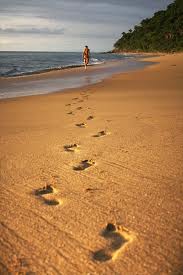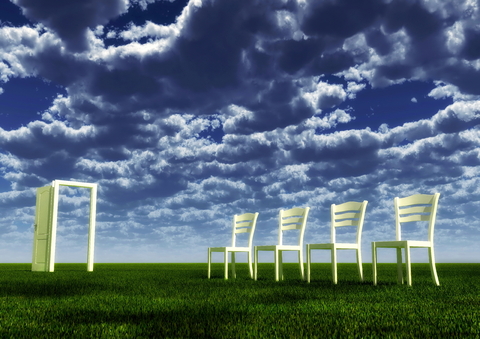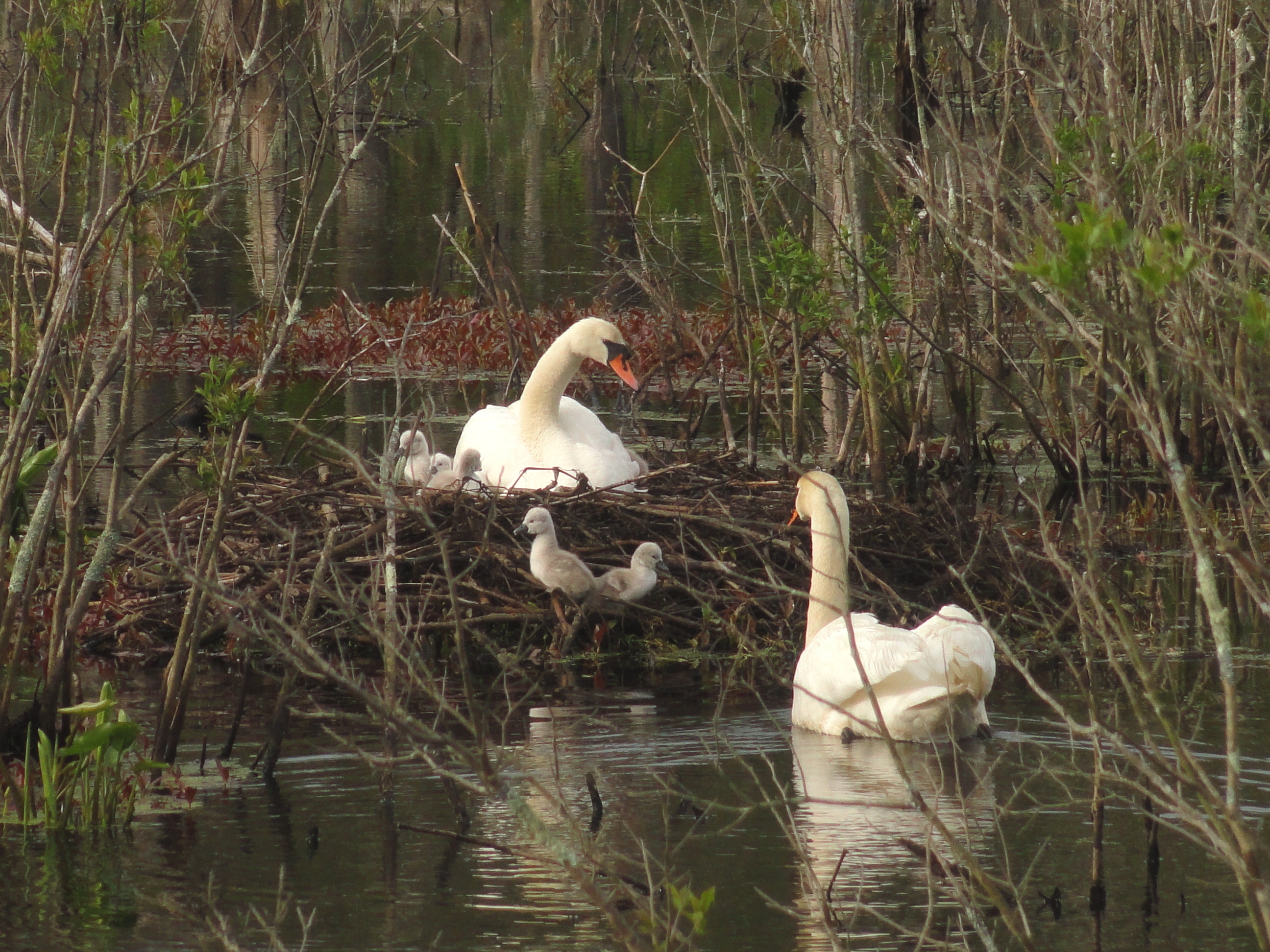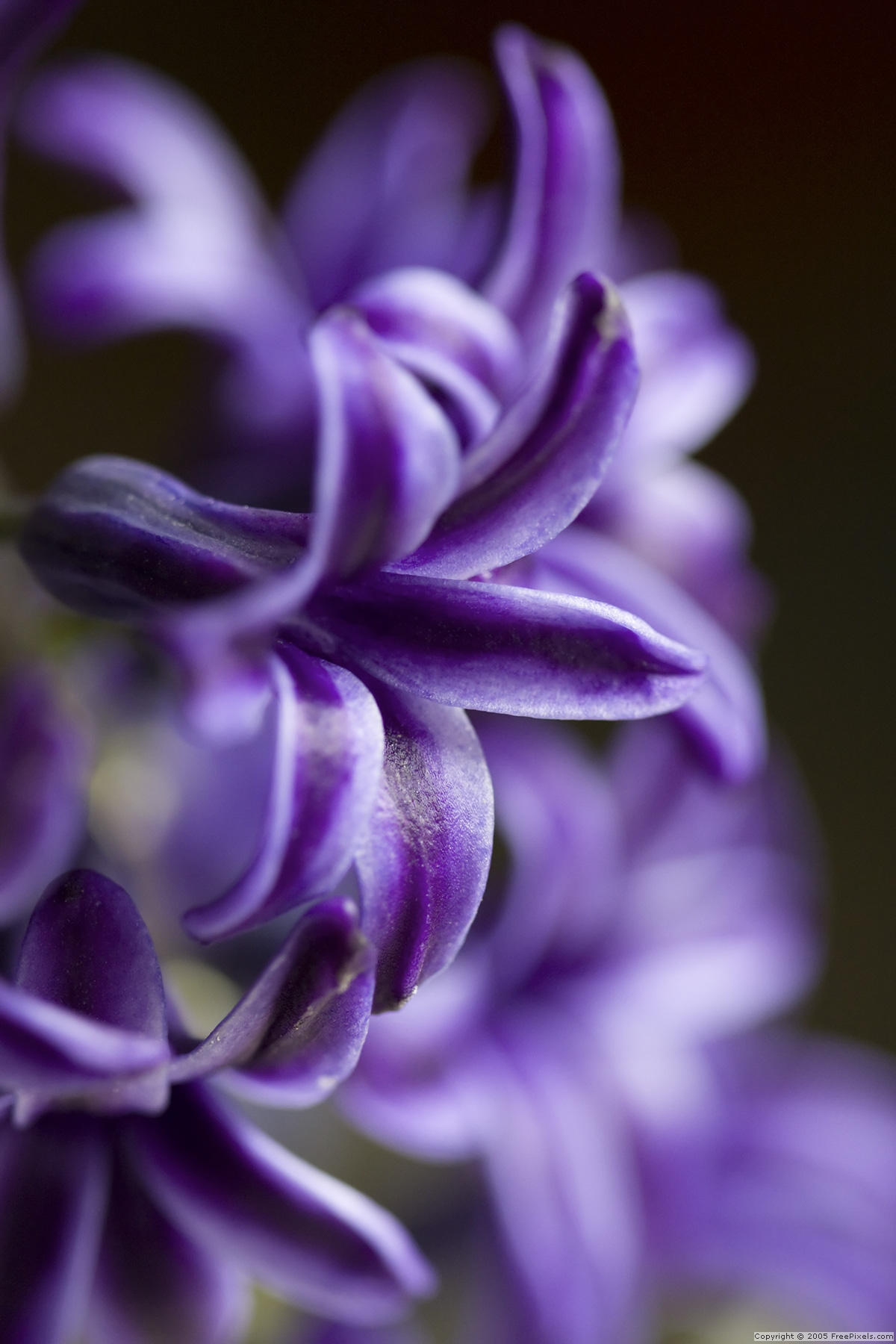We humans have a tendency to label things as good or bad, wanting more of the former and avoiding the latter at all costs. Yet this labeling is the antithesis of mindfulness. In truth, it is the root cause of much of our suffering and stress.
You don’t need to take my word for it. Try it for yourself. Throughout the day, see if you can notice how much of the time you are either liking or disliking almost everything that’s occurring. 
Perhaps you may want to learn a new language. But you say to yourself, “I’m not good at languages” because in high school you struggled in a Spanish class. Once we label an experience, it colors all future experiences that even resemble it slightly. And yet is it necessarily so? Or is it just more thinking that we are inadvertently believing in any given moment?
These assessments, though occasionally conscious are more often unconscious. They are simply reflex reactions based on past experiences. Our judging mind is showing up in the habitual, predictable way as it has countless times before. This is not about fault finding or trying to control our thinking. The process happens so quickly that we are not even aware that we are unaware. These thoughts have become automatic.
However, we do have a choice. In fact, we have many choices. When we become present to the content of our thoughts, we gain access to our available choices-to respond rather than react to these thoughts. We open up a pause that can generate countless opportunities for new experiences. 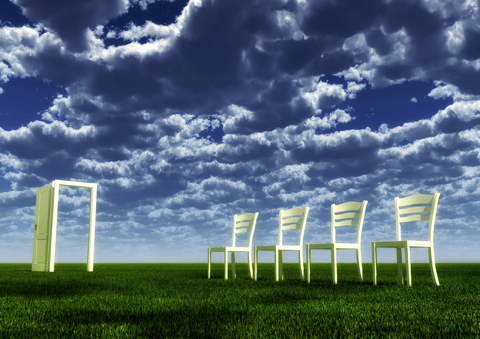
I often share the story below with my students in Mindfulness Based Stress Reduction courses. It illustrates how our interpretations of what is happening is directly linked to the level of stress we may be feeling at any given time. And how our interpretations are never the whole story.
There once was a peasant farmer who lived in a remote village in China. His only means of plowing his fields was an ox. When the ox died, he flew into a panic about how he was going to feed his family. The villagers told him to seek counsel at the home of the old sage who lived on the outskirts of town.
The farmer said to the wise man, “I don’t know what to do. My ox has died and my family may starve. This is the worst thing that could ever have happened to me!”
The sage paused, looking him squarely in the eyes and said, “Maybe yes, maybe no.”
The farmer walked away in disbelief. How could he say such a thing when here he was in such distress. He told his family and neighbors that this was no wise man; he didn’t know what he was talking about.
However, the next morning the farmer discovered a strong young horse grazing in a distant field. He trained the horse and in short order, he was able to plow his fields better and faster than before. Not only that, the horse ate less feed than the ox. The farmer thought to himself, “You know, maybe that old man is wise after all. Finding this horse was a stroke of great luck.”
He decided to go the sage and thank him. “You know”, the farmer explained, “I thought you were crazy for telling me that maybe it wasn’t bad luck that my ox had died. But now I know you were right, I found this horse and he plows even better than the ox. It has been the best thing that has ever happened to me.”
The sage again looked into his eyes and said, “maybe yes, maybe no.”
The farmer, incredulously said, “Are you kidding me?” Shaking his head and walking away, he thought “This guy is nuts! I am not coming here again.”
A few days later, his only son was riding the horse while working and was bucked off. He broke his leg and the horse had to be put down. Inconsolable, the farmer recalled that the sage had indeed spoken wisely and decided to go back to seek advice. After sharing these latest events, he said to the wise man, “Now you have to admit, this is absolutely the worst thing that could have possibly happened to me!!”
And the old man, calmly and lovingly replied, “Maybe yes, maybe no.”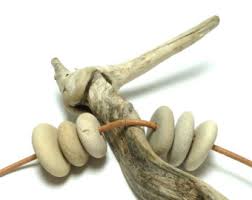
This infuriated the farmer so much, he stormed back to the village and told anyone who would listen how ridiculous the so-called wise man was.
The very next day, troops arrived in the village to take all the able-bodied young men away to fight in the on-going war. His son was the only one who was saved. His broken leg spared him from almost certain death.
When we can step back and pause with a mind that does not truly know the answer, we can extend our view. We can see potential in all occurrences, gaining a bird’s eye perspective, a wisdom on our own lives.








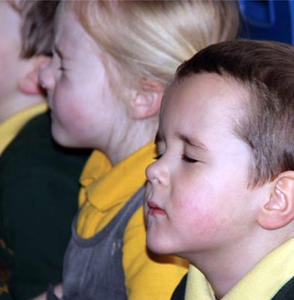
 Last November, I attended the International Symposium for Contemplative Studies in Boston. There were lots of luminaries in the fields of neuroscience, psychology, education, philosophy, and the humanities. Counted among these were the Dalai Llama, Jon Kabat-Zinn, Daniel Goleman, Arianna Huffington, and so many more who are well-known to those in the field, reflecting the explosion really of mindfulness into all aspects of our modern society.
Last November, I attended the International Symposium for Contemplative Studies in Boston. There were lots of luminaries in the fields of neuroscience, psychology, education, philosophy, and the humanities. Counted among these were the Dalai Llama, Jon Kabat-Zinn, Daniel Goleman, Arianna Huffington, and so many more who are well-known to those in the field, reflecting the explosion really of mindfulness into all aspects of our modern society.
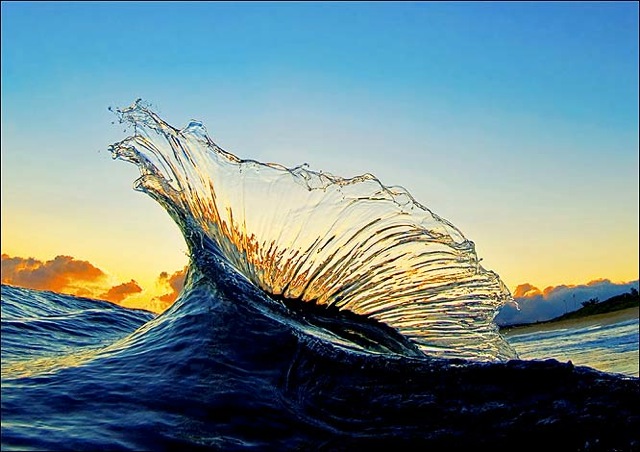 You may be familiar with the adage “Try, try, and try again. Then, at last, youwill succeed.” And there can be some truth in that. Preparation, practice and experience are vital ingredients to success. But we also know that constant pushing, striving, and doing in a largely effortful way is stressful and often, self-defeating. Philosophers and neuroscientists alike agree that our most productive, creative self emerges when we are in the flow. Engaging with our lives in a relaxed but keenly receptive way. Author Edward Slingerland in his book “Trying Not to Try: The Art and Science of Spontaneity” calls this “embodied cognition.” It’s often referred to as being “in the zone” or acting spontaneously: it is a state of complete mental focus and ease.
You may be familiar with the adage “Try, try, and try again. Then, at last, youwill succeed.” And there can be some truth in that. Preparation, practice and experience are vital ingredients to success. But we also know that constant pushing, striving, and doing in a largely effortful way is stressful and often, self-defeating. Philosophers and neuroscientists alike agree that our most productive, creative self emerges when we are in the flow. Engaging with our lives in a relaxed but keenly receptive way. Author Edward Slingerland in his book “Trying Not to Try: The Art and Science of Spontaneity” calls this “embodied cognition.” It’s often referred to as being “in the zone” or acting spontaneously: it is a state of complete mental focus and ease.





